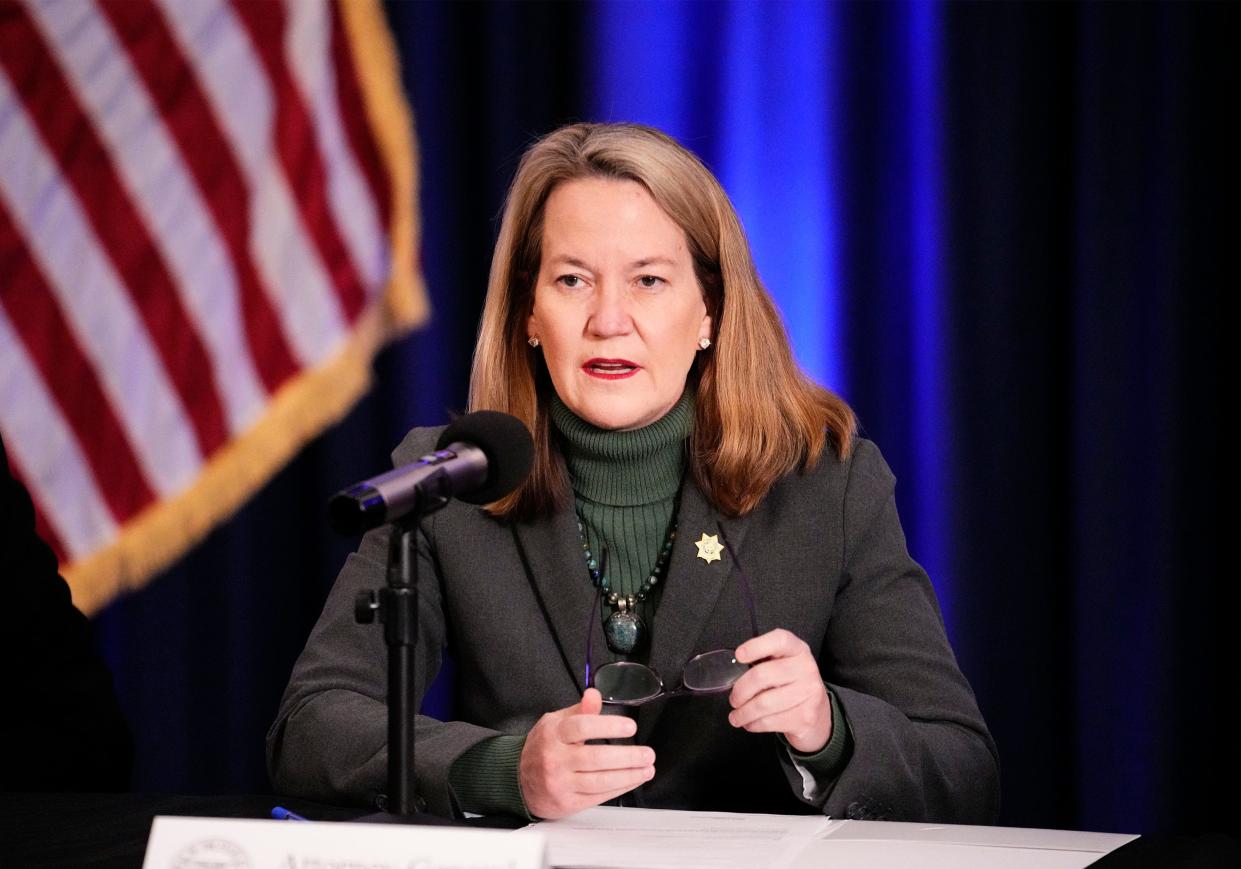Arizona Business Owner Sentenced to Prison After Using COVID-19 Loans On Home, Travel; Court Finds Seafood Company Not On the Hook for Overtime in COVID Lockdown Case, and other C-Virus related stories
Arizona business owner sentenced to prison after using COVID-19 loans on home, travel:
A 51-year-old Arizona woman who operated a therapy clinic for children with special needs is going to prison after a conviction of fraud for misusing pandemic-era loans from the federal government.
A Maricopa County Superior Court judge last week sentenced Bridget Corinne O’Brien to two years in prison followed by three years of probation for taking advantage of programs that were put in place to help businesses stay afloat during the COVID-19 pandemic.
O’Brien was also ordered to pay $1.3 million in restitution to the federal Small Business Administration, Arizona Attorney General Kris Mayes’ office says.
Mayes’ Medicaid Fraud Control Unit, led by special agent Roy Garrison, found that O’Brien misused the federal loan funds by purchasing a $1.9 million home in Phoenix. O’Brien also used the money to travel, to purchase clothing and furniture, and to pay for volleyball lessons for one of her children, investigators found.
O’Brien, a mother of two who has a master’s degree in speech pathology, founded a Phoenix therapy clinic for children called Head to Toe Therapy, which was suspended as a provider for Arizona’s Medicaid program in November 2019, state Medicaid and court records show.
A presentence report says that O’Brien’s actions were “thoughtful, intentional and perhaps prohibited money from being given to another business owner in need during a difficult time.” —>READ MORE HERE
Court finds seafood company not on the hook for overtime in COVID lockdown case:
The case highlights the complexities involved with determining compensability under the Fair Labor Standards Act, particularly when workers are kept on campus.
Dive Brief:
- An Alaska seafood company did not need to provide overtime pay to a group of workers who were on-call while they were required to stay on the company’s premises during the COVID-19 pandemic, the 9th U.S. Circuit Court of Appeals held Jan. 10.
- The plaintiffs in Flaherty v. Kanaway Seafoods, Inc. alleged their employer violated state and federal wage-and-hour laws when it implemented a “closed campus” policy amid broader lockdowns in April 2020. In their complaint, the employees claimed that they were “effectively confined to their workstation during on-clock worktime and to their dorm room during off-clock hours” and were not compensated for off-the-clock hours.
- A district court held in favor of the employer, applying a multifactor test to determine whether employees could use their off-duty time for personal activities. The court concluded that available evidence weighed in favor of showing that the workers could do so and also found that the employees’ collective bargaining agreements only provided payment for actual working time. The 9th Circuit upheld.
Follow links below to relevant/related stories and resources:
Pittsburgh employment down 2.1% since Covid-19 hit, 2nd worst in the U.S.: Cleveland Fed
The best face masks for long flights in 2025, per experts
USA TODAY: Coronavirus Updates
YAHOO NEWS: Coronavirus Live Updates
NEW YORK POST: Coronavirus The Latest







Comments are closed.